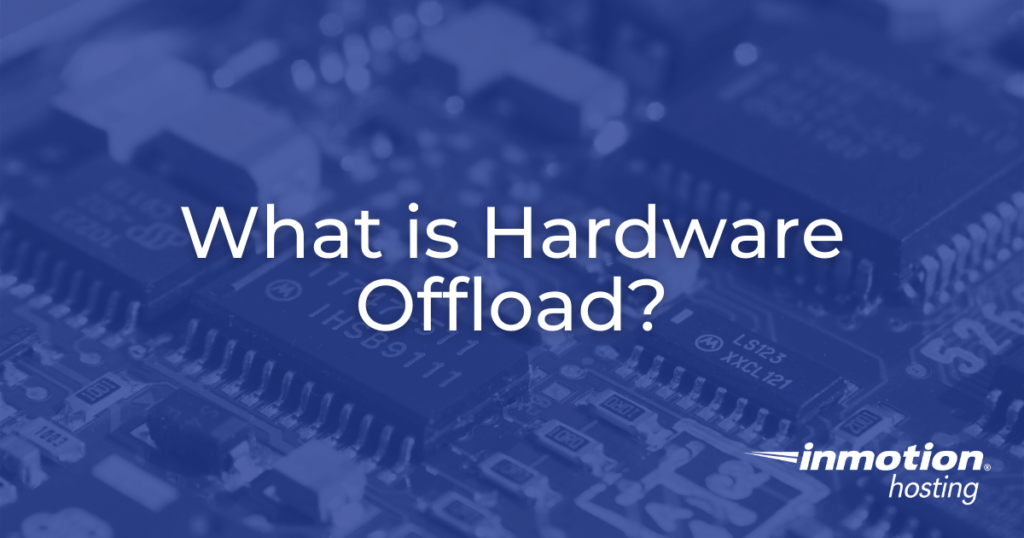
If you find that your server is bogged down with features that could be better handled by a dedicated hardware device, then you can perform what is known as “hardware offload” or “computation offloading”. In this article, we will explore the concept of hardware offload and provide some examples of using hardware to offload certain computational tasks.
What is Hardware Offload?
In modern computing, processing power is a key resource that many systems struggle to keep pace with. Whether you are performing complex functions or simply dealing with a high volume of traffic, the performance of your hardware hinges on how much processing power is available. As mentioned previously, the concept of hardware offload involves the use of dedicated hardware to handle specific system functions. These hardware devices typically work in conjunction with the server or computer hardware and act as supplemental resources, much in the same way an external hard drive can be used to offload data onto a dedicated hardware device.
While external hard drives allow you to offload data from your server or computer, it does not offload processor demand. To accomplish this, computationally demanding tasks can sometimes be performed by a dedicated hardware device, thus reducing the overall burden on the Central Processing Unit (CPU) and other system resources.
Examples of Hardware Offload
Now that we have an understanding of hardware offload, it might help to explore some examples of hardware offload commonly in use today.
Graphics Cards – Perhaps one of the most common examples of hardware offload are modern graphics cards. While most modern computers come with integrated graphics capabilities by default, some users opt to install a graphics card. This additional piece of hardware allows the user to offload graphics rendering and other system tasks from the computer’s CPU to the GPU, thus freeing up the CPU to handle other system tasks. Graphics cards are used for various tasks such as gaming, video editing, cryptocurrency mining, and much more. In addition to serving as a dedicated hardware device, graphics cards can often be installed in parallel configurations to perform even more demanding computational tasks or graphics processing.
Cloud Computing – Another common example of hardware offload is the concept of cloud computing. In cloud computing configurations, it is possible to distribute the computational workload of a given computer among multiple networked computers. This prevents any one computer from being overburdened with system tasks, making it useful for large scale and computationally-demanding projects .
Grid Computing – A less common example of hardware offload is the concept of grid computing. In a grid computing configuration, many computers are networked together to function as a type of supercomputer that can rapidly analyze and process vast amounts of data. This technique serves to drastically reduce the amount of time taken for computations and reduces the overall demand on system resources.
Experience unrestricted processing power on state-of-the-art hardware and your preferred operating system with Bare Metal Hosting!
Ubuntu, Debian, OpenSUSE, or Load your own OS
Unmanaged Hosting
Perfect for SysAdmins
Dedicated Resources
Now that we’ve explored some examples of hardware offload, it should be clear that using dedicated hardware devices to handle computationally-demanding tasks can enhance the performance of your server assets.